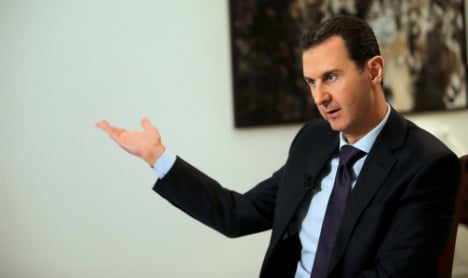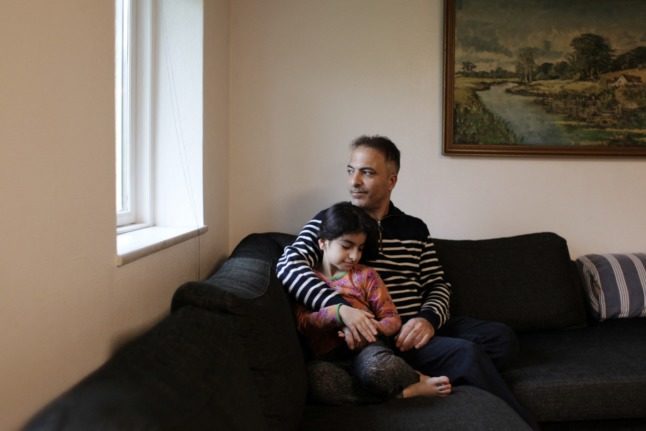Assad, whose fate has been a key sticking point in efforts to end Syria's bloody civil war as it enters its sixth year, left open the question of whether he would still be president by then.
And he said he was ready to implement a long-sought ceasefire, but only if the rebels and their international backers such as Turkey did not use it as a chance to gain ground.
“In 10 years, if I can save Syria as president – but that doesn't mean I'm still going to be president in 10 years, I'm just talking about my vision of the 10 years,” he said in an interview published on the newspaper's website.
“If Syria is safe and sound, and I'm the one who saved his country – that's my job now, that's my duty.
“If the Syrian people want me to be in power, I will be. If they don't want me, I can do nothing, I mean, I cannot help my country, so I have to leave right away.”
World powers have been pushing for a so-called cessation of hostilities in Syria to pave the way for renewed peace negotiations, but the truce has faltered as fighting on the ground has intensified.
In an interview with AFP on February 12th, before the deal was announced, Assad defiantly pledged to retake the whole of the country.
Speaking to El Pais, he said he was “ready” for a ceasefire, but warned that it should not be exploited by “the terrorists” to improve their positions, using the regime's term for all rebel groups.
“It's about preventing other countries, especially Turkey, from sending more recruits, more terrorists, more armaments, or any kind of logistical support to those terrorists.”
Syria's regime has been pressing an offensive in the northern Aleppo region backed by Russian air strikes and troops from Iran and Lebanon's Hezbollah, which has forced tens of thousands to flee.
Assad said the support of his Russian and Iranian allies had been “essential” in the recent major advances made by regime forces.
“We definitely need that help for a simple reason: because more than 80 countries supported those terrorists in different ways,” he told El Pais.
Some backers helped “directly with money, with logistical support, with armaments, with recruitments. Some other countries supported them politically, in different international forums,” he told the daily.



 Please whitelist us to continue reading.
Please whitelist us to continue reading.
Member comments